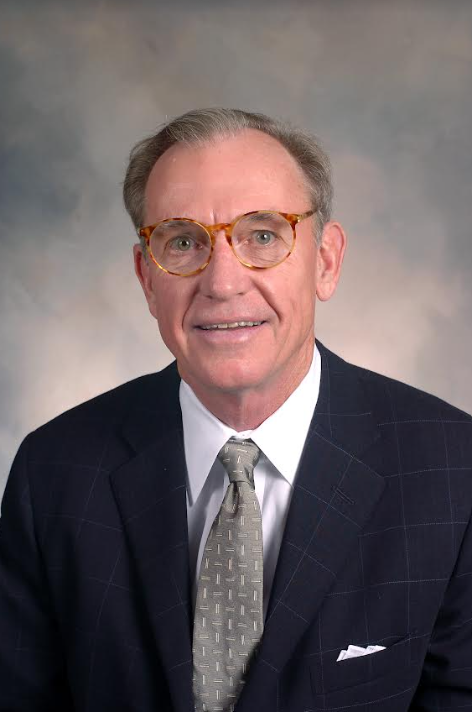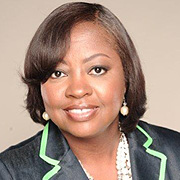2025 Handbook Overhaul: Navigating Critical Updates! Federal and Multi-State Updates! Learn What Changes Will Impact the Workplace!
If there’s ever a time to rethink your handbook, it’s now. The timeliness has less to do with the 2025 year — the obvious time to roll out a replacement handbook — and more to do with the wave of changes that recently swept the workplace based on the change in administration. It is clear that the changes expected by the new administration will impact the workplace, including the Employee Handbook.
The National Labor Relations Board (NLRB) has submitted its new Employee Handbook changes that can make Employee Handbooks legally unlawful. The NLRB has the authority to monitor and make changes to employee handbooks for union and non-union workplaces. The NLRB mandates that employee handbook policies do not prevent employees from discussing with their colleagues issues about workplace issues like pay, benefits, and safety issues, and speaking negatively about the company or supervisors. This legal protection is called “Concerted Activity from Section 7 of the National Labor Relations Act (NLRA).
Federal, State, and Local regulations are in place and regulatory agencies are revving up audit focus for 2025 and beyond. Many state regulations and multi-state regulations are impacting which laws supersede federal regulations.
Workers’ new expectations may clash with employers’ old policies. Policies that ban flexibility, certain policies as per the National Labor Relations Board, and concerted activity may feel frustratingly out of date.
And yet, many organizations punt on handbook refreshes. Research has shown that many companies don’t update their employee handbooks as often as they should.
With the shift to hybrid work/Remote work, organizations must set clear expectations around communication, and performance. Managers and associates both play a significant role in making policies successful within their teams, and HR teams have an opportunity to provide tools and guidelines to make it even easier.
- Participants will learn, identify, and prepare for employee handbook violations.
- Participants will be aware of all the new regulations that will impact their company.
- The course will identify the most common employee handbook violations and how to mitigate them.
- Learn how the Department of Labor (DOL), and Equal Employment Opportunity Commission (EEOC) adapted to the changes based on the results of the elections
- Learn how to change regulations to be compliant with employee handbook policies
- Participants will learn which regulatory agency will focus on which regulation and mitigate the risk
- Participants will learn what policies will land them in hot water.
- What policies are “must have” for your employee handbook?
- Social media and the impact of penalties when employees choose to speak negatively about their Employer.
- Learn why Employers need to follow the National Labor Relations Board and why they should care about policies that can be unlawful with new requirements.
- Learn how your managers/supervisors can be your ambassadors in workplace compliance or your downfall
- See how training can be one of your “first line of defense” in litigation.
Federal regulations are not the only changes that are expected. We have learned that State regulations have superseded the Federal regulations because the regulation with the most benefit for the employee supersedes them. Many states have several changes that impact employees in state-specific and multi-state locations. When you add remote workers, there are many changes that have to be in place where compliance is key.
- All Employers
- Business Owners
- Company Leadership
- Compliance professionals
- Payroll Administrators
- HR Professionals
- Managers/Supervisors
- Small Business Owners
Margie Faulk is a senior level human resources professional with over 15 years of HR management and compliance experience. A current Compliance Advisor for HR Compliance Solutions, LLC, Margie, has worked as an HR Compliance advisor for major corporations and small businesses in the small, large, private, public and Non-profit sectors. Margie has provided small to large businesses with risk management strategies that protect companies and reduces potential workplace fines and penalties from violation of employment regulations. Margie is bilingual (Spanish) fluent and Bi-cultural.
Margie’s area of expertise includes Criminal Background Screening Policies and auditing, I-9 document correction and storage compliance, Immigration compliance, employee handbook development, policy development, sexual harassment investigations/certified training, SOX regulations, payroll compliance, compliance consulting, monitoring US-based federal, state and local regulations, employee relations issues, internal investigations, HR management, compliance consulting, internal/external audits, and performance management.
Margie is a speaker and accomplished trainer and has created and presented compliance seminars/webinars for over 16 US and International compliance institutes. Margie has testified as a compliance subject matter expert (SME) for several regulatory agencies and against regulatory agencies, thank goodness not on the same day. Margie offers compliance training to HR professionals, business owners, and leadership to ensure compliance with workplace and regulations.
Margie’s unique training philosophy includes providing free customized tools for all attendees. These tools are customized and have been proven to be part an effective risk management strategy. Some of the customized tools include the I-9 Self Audit. Correction and Storage program, Ban the Box Decision Matrix Policy that Employers can provide in a dispute for allegations, Family Medical Leave Act (FMLA) Compliance Guide, Drug-Free Workplace Volatile Termination E-Book and other compliance program tools when attendees register and attend Margie’s trainings.
Margie holds professional human resources certification (PHR) from the HR Certification Institution (HRCI) and SHRM-CP certification from the Society for Human Resources Management. Margie is a member of the Society of Corporate Compliance & Ethics (SCCE).
Upcoming Webinars





















































